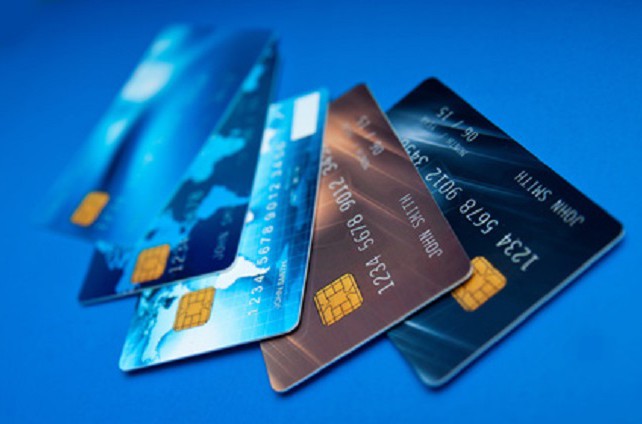Prepaid cards still filling MENA's epayment gaps

Prepaid cards are a strong contender for filling the gap between the unbanked and ecommerce in MENA, says PayPal’s Francis Barel.
During an interview with Wamda, MENA business development manager Barel said although cash on delivery was still the dominant payment method throughout the region, prepaid cards were a great way to bring people into the financial system and that current prepaid cards had not yet reached their full potential.
High levels of financial exclusion generally, and of unbanked individuals in particular - estimated by the World Bank to be 86 percent of all adults in the Middle East in 2014 - meant technologically complex systems such as Bitcoin did not yet have a place in PayPal’s pantheon of future offerings for MENA.
“It might be a bit early to [consider the cryptocurrency] because outside of this pizza place in Dubai where you can pay with bitcoin or a few startups… the basics are still not there yet for customers,” he said. “For Egypt there’s [such] low banking penetration that if you start talking to people that don’t even have bank account [about] using bitcoin they’ll say great - but how do I buy bitcoin?”
Currently, PayPal works with a small number of bitcoin exchanges in the US to allow people to buy the currency as well as create a merchant interface to accept payments in bitcoin.
But as long as the cryptocurrency remains a niche in MENA, PayPal will not be rushing to integrate it into their product offering.
“I don’t think it’s that manageable in MENA because customers feel that they want something that is a bit more accessible than pure virtual currency, and they probably don't know the basics. Bitcoin is something for the early adopters and even the early adopters in MENA today still [also] need something a bit more accessible.”
Accessibility for now means drawing more people away from cash, especially when they’re making online purchases.
Barel said it was a “shame” that no epayment method had yet broken cash’s stranglehold on MENA.
He believes it wrecks the customer experience as customers have to wait at home for a courier in order to hand over the money, which also has to be as close to exact change as possible - causing problems for merchants who have to have constant money on hand and wait considerably longer for the final payment.
PayPal’s current objective in MENA is to strengthen its current offerings in the 12 countries it operates, before entering new ones.
But because it launched in 2007, the current states where PayPal works look slightly different than if they’d launched now.
Yemen is an unexpected inclusion because, Barel said, at the time it was very close to the six GCC states PayPal wanted to target, and therefore warranted inclusion. French-speaking Morocco, Tunisia and Algeria were another core market; Egypt has the region’s largest population; and Jordan was the most technologically advanced of them all.
Lebanon is still the outlier.
“At the time that we enabled PayPal in MENA, Yemen was very close to the GCC. It had very close ties with Saudi Arabia and a few other GCC countries so it made sense to enable Yemen. Lebanon was not where it is today regarding ecommerce development and design and technology. So at the time it made a lot of sense,” Barel said.
“Jordan is a fun little country because it’s smaller... But the technology ecosystem is so strong. We’ve been able to see some incredible dynamism there. Jordan is probably one of our strongest countries.”
Barel said Jordan’s Cairo Amman Bank was the first in the region with which PayPal signed a deal to offer both consumer and merchant services at the same time - usually it’s one or the other so the US company can manage the product rollout. He said the success PayPal had had in that market was “most of all” because of the local bank’s willingness to innovate, invest and collaborate to provide a good customer experience.
“One thing that is very important and it goes to FinTech in general.. is that most of the time you only get one chance with the customer, especially if you want to change something as sensitive as payments,” Barel said. “As soon as you don’t do something with the full trust and the full security that PayPal puts behind every project, you lose the customer.”


